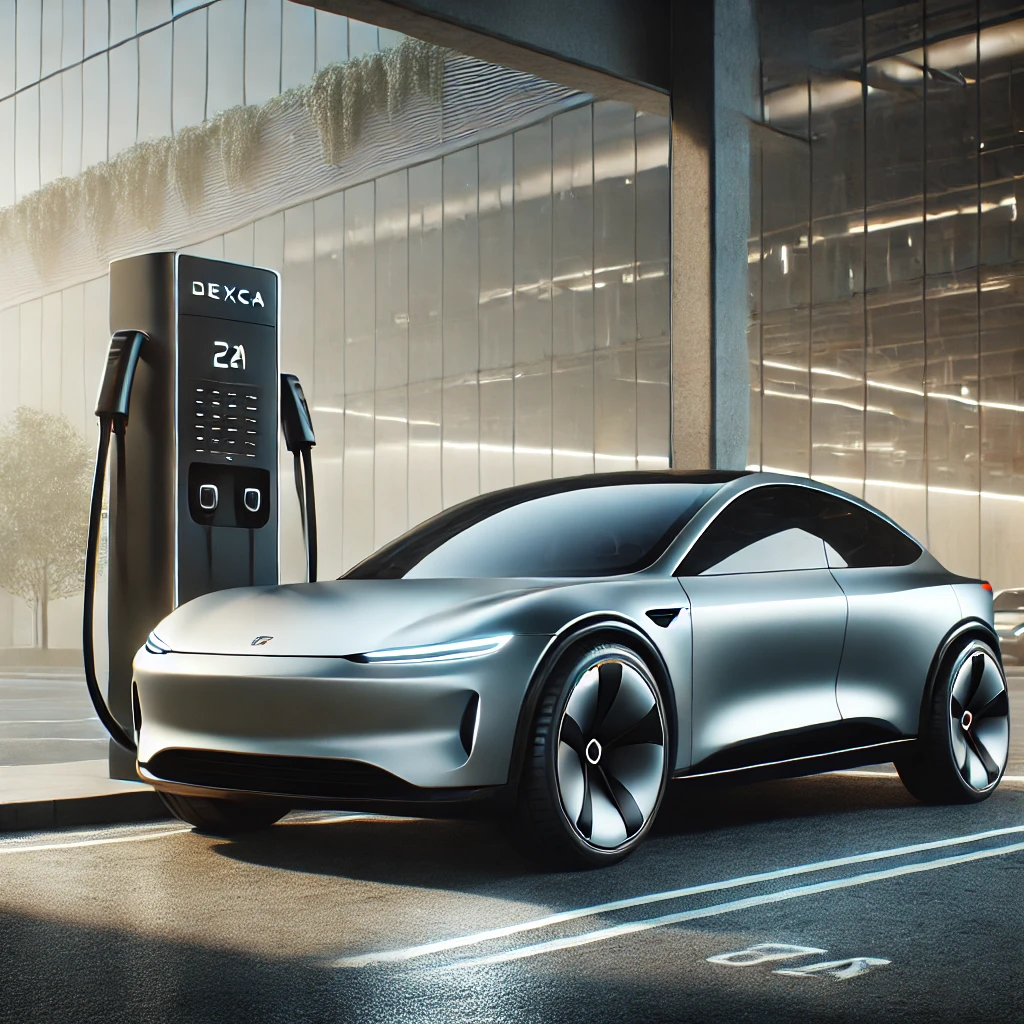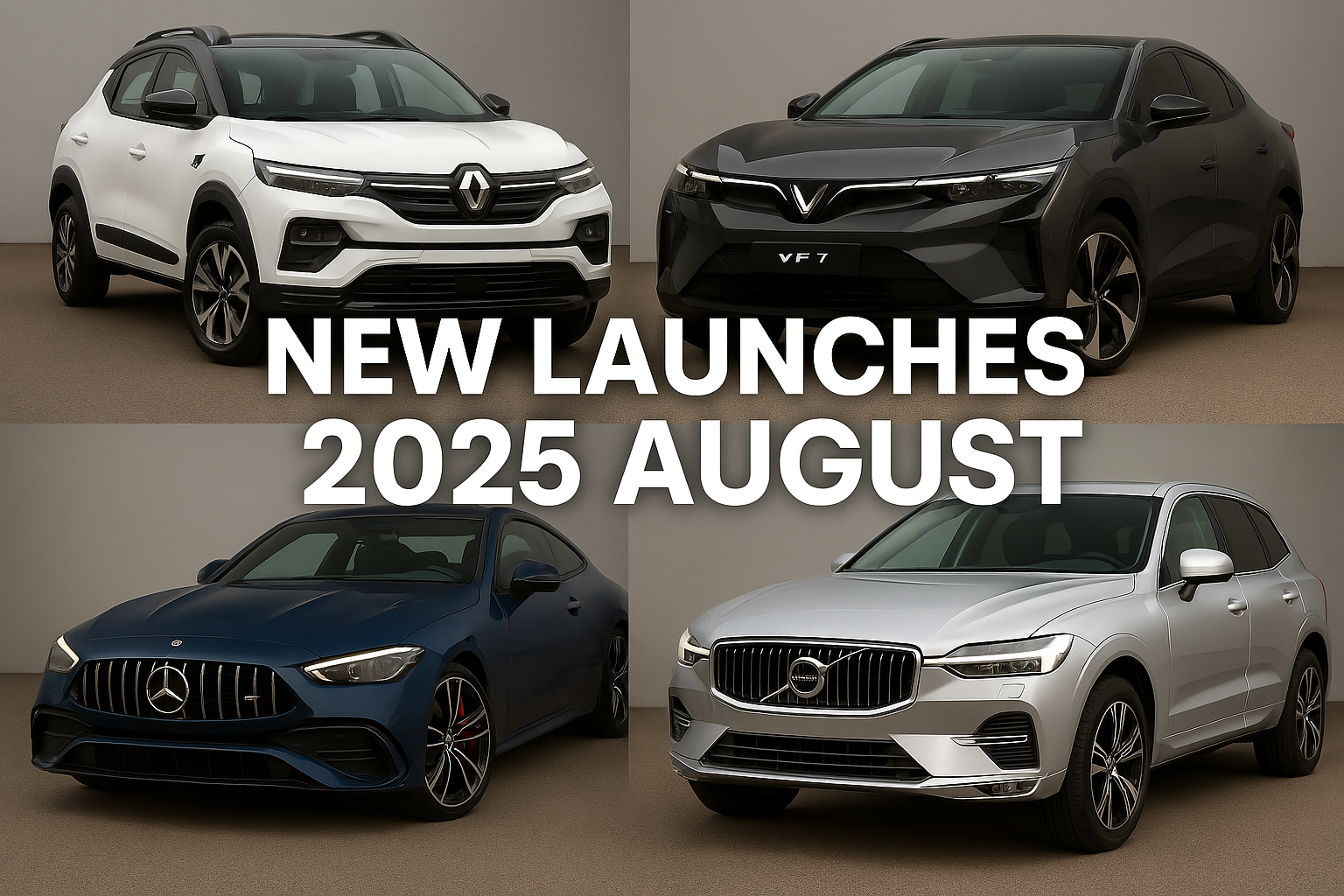
Advantages and Disadvantages of Electric Vehicles: Electric vehicles (EVs) have quickly emerged as a revolutionary solution in the automotive world, providing an eco-friendly alternative to conventional fuel-powered cars. As environmental concerns grow, many consumers are considering making the switch to EVs, but it’s essential to understand both the benefits and drawbacks. Here, we’ll dive into the advantages and disadvantages of electric vehicles, covering their eco-impact, cost-efficiency, maintenance, and more.
Advantages of Electric Vehicles
1. Environmentally Friendly
One of the primary advantages of electric vehicles is their positive impact on the environment. EVs produce zero tailpipe emissions, which means they don’t release harmful pollutants like carbon dioxide, nitrogen oxides, and particulate matter into the air. This reduction in emissions directly contributes to lowering air pollution and helps combat global warming.
2. Lower Operating Costs
Electric vehicles are generally cheaper to operate than traditional internal combustion engine (ICE) vehicles. Charging an EV costs significantly less than refueling a gas or diesel-powered car. The cost of electricity is relatively stable compared to fluctuating fuel prices, making EVs a cost-effective choice for long-term savings on energy expenses.
3. Reduced Maintenance Costs
EVs have fewer moving parts compared to ICE vehicles. They don’t require oil changes, fuel filters, spark plugs, or complex exhaust systems, which reduces the need for frequent maintenance. This simplicity in design and fewer mechanical components result in lower maintenance costs over the lifetime of the vehicle.
4. Quieter and Smoother Operation
Electric vehicles operate more quietly than traditional cars, leading to a more pleasant driving experience. The absence of a combustion engine means minimal noise pollution, especially at lower speeds, which makes EVs an ideal choice for city driving and for those seeking a peaceful ride.
5. Incentives and Tax Benefits
Many governments worldwide offer financial incentives, tax credits, and rebates to encourage the adoption of electric vehicles. These incentives can substantially lower the purchase cost, making EVs a more accessible option for many consumers. In addition, EVs may enjoy perks such as reduced registration fees, access to carpool lanes, and exemptions from certain road taxes.
6. Instant Torque and Performance
Electric motors generate instant torque, which provides rapid acceleration and a responsive driving experience. Many EV models can achieve impressive speeds and quick acceleration, often rivaling or even outperforming their ICE counterparts.
Disadvantages of Electric Vehicles
1. Limited Driving Range
One of the biggest disadvantages of electric vehicles is the range limitation. Although EV range has significantly improved in recent years, most electric vehicles still don’t match the distance capabilities of gasoline-powered cars. For people who need to drive long distances frequently, the limited range can be a concern.
2. Charging Infrastructure Challenges
The availability of EV charging stations is limited compared to gas stations, especially in rural areas. Even with improvements, charging an EV requires more planning and could be inconvenient for those in areas with few charging options. In certain locations, long wait times at charging stations can also be a concern.
3. Long Charging Time
Charging an electric vehicle takes longer than refueling a gasoline car. While some fast chargers can restore an EV’s battery to 80% in around 30 minutes, most public chargers and home setups take several hours. This lengthy recharge time may inconvenience users, especially when traveling long distances or in situations where quick recharging is required.
4. Higher Initial Cost
Electric vehicles tend to be more expensive than traditional cars due to the cost of battery technology. While prices are slowly decreasing as EV technology becomes more mainstream, the initial purchase price remains a deterrent for some buyers. However, government incentives and lower operating costs can offset some of this initial cost.
5. Battery Degradation and Replacement Costs
EV batteries degrade over time, and their performance may diminish with extended use, particularly if frequently charged at high rates. Although EV batteries are designed to last for years, they eventually need replacement, which can be costly. The replacement process may also generate electronic waste, raising environmental concerns.
Environmental and Economic Impact of Electric Vehicles
Positive Environmental Impact
EVs have a lower environmental footprint compared to traditional vehicles. By reducing greenhouse gas emissions and other pollutants, electric vehicles contribute to cleaner air quality, especially in densely populated urban areas. This reduction in pollution has positive health effects, helping decrease respiratory issues caused by poor air quality.
Economic Implications
Electric vehicles can potentially save drivers thousands of dollars over their lifetime due to lower fueling and maintenance costs. In addition, by reducing reliance on fossil fuels, EVs can help enhance energy security, especially for countries that heavily import oil. However, the economic impact also extends to job sectors that rely on traditional automotive manufacturing and fuel industries, which may face disruptions as EV adoption increases.
Technological Advancements and Future Prospects
Battery Technology and Range Improvements
Ongoing advancements in battery technology are gradually addressing the limitations of electric vehicles, especially in terms of driving range and charging times. Lithium-ion and solid-state batteries are promising developments that could make EVs more practical and appealing for a wider audience. As battery costs decrease and capacities improve, EVs are expected to become more affordable and efficient.
Expanding Charging Infrastructure
Governments and private companies are investing in expanding charging infrastructure. High-speed charging networks, such as Tesla Superchargers and other public charging stations, are making it more convenient for EV owners to recharge their vehicles. Future innovations, like wireless or inductive charging, could make charging even more accessible and user-friendly.
Smart and Autonomous Features
Electric vehicles often come equipped with the latest technological features, including autonomous driving capabilities, advanced driver-assistance systems (ADAS), and smart connectivity options. These features enhance the safety, comfort, and overall driving experience of EVs, giving them an edge over traditional vehicles.
Are Electric Vehicles Right for You?
Choosing an electric vehicle ultimately depends on individual needs and lifestyle. For those with short commutes, access to a reliable charging source, and a desire to reduce their carbon footprint, EVs offer clear advantages. However, people who frequently travel long distances, live in areas with limited charging infrastructure, or prefer lower upfront costs may find traditional or hybrid vehicles to be a more practical option.
Summary: Advantages and Disadvantages of Electric Vehicles
Electric vehicles present an attractive, eco-friendly alternative to traditional gasoline-powered cars, offering numerous advantages such as low operating costs, environmental benefits, and high performance. However, challenges like limited range, charging infrastructure, and initial costs still need consideration. As technology continues to evolve and infrastructure expands, electric vehicles are likely to become more accessible and suitable for a broader audience, paving the way for a sustainable future in transportation.
Conclusion
The advantages and disadvantages of electric vehicles highlight the evolving automotive landscape. While EVs offer numerous benefits, they also present some challenges. With continued advancements and the expansion of charging networks, electric vehicles are set to become a dominant force in the industry. Choosing an electric vehicle requires weighing these factors, but for many, the shift to EVs is an investment in a cleaner, more sustainable future.
For more posts visit: https://primetorque.com/








The Opel-Vauxhall Corsa continues to impress with its focus on sustainability and innovation. Its strong performance in the Green NCAP 2024 assessments highlights its commitment to reducing environmental impact. The use of lightweight materials and aerodynamic design enhances its efficiency, making it a top choice in the subcompact category. Opel-Vauxhall’s green manufacturing processes further solidify the Corsa’s eco-friendly credentials. How does the Corsa’s electric variant compare to its ICE models in terms of overall sustainability? German news in Russian — quirky, bold, and hypnotically captivating. Like a telegram from a parallel Europe. Care to take a peek?